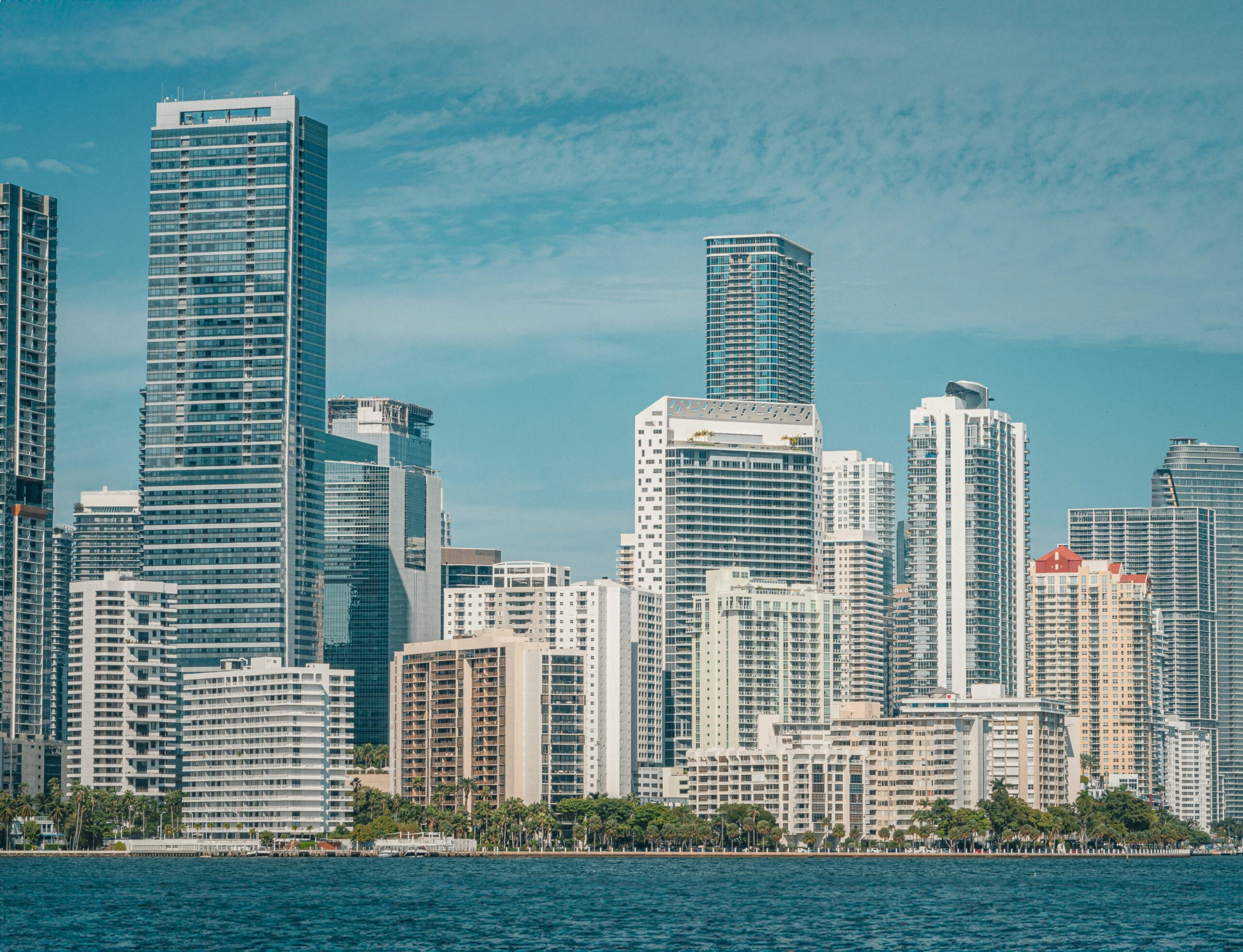
Florida’s unique climate, characterized by intense hurricanes, heavy rainfall, and humid subtropical conditions, poses significant challenges for homeowners and builders.
As the state grapples with natural disasters, environmental concerns, and increasing energy demands, the need for sustainable building practices has never been greater.
In this context, impact doors have emerged as a critical component of Florida‘s sustainable building efforts.
This article delves into the role of impact doors in enhancing resilience, energy efficiency, and overall sustainability in Florida’s construction landscape.
Understanding Impact Doors
Impact doors are specially designed and tested to withstand extreme weather conditions, particularly high winds and flying debris associated with hurricanes.
Constructed from durable materials such as fiberglass, reinforced steel, or high-impact vinyl, these doors feature laminated glass to prevent shattering, ensuring that they can endure sustained wind pressures.
In Florida, where hurricanes are a regular occurrence, building codes necessitate the use of impact-resistant materials, making impact doors a practical choice for homeowners and builders.
Enhancing Resilience to Natural Disasters
Protection Against Hurricanes
The primary function of impact doors is to provide a secure barrier against hurricane-force winds and debris.
Florida’s stringent building codes, shaped by the impacts of past storms, dictate that structures must be able to withstand specific wind loads.
Impact doors not only conform to these requirements but also offer an added layer of security. By reducing the risk of wind and water infiltration, they protect both the building’s interior and its occupants.
Minimizing Damage and Repair Costs
Impact doors significantly reduce the likelihood of damage during severe weather events.
By preventing broken windows and compromised entry points, they decrease the extent of repairs needed after a storm.
This not only alleviates the financial burden on homeowners but also contributes to more sustainable practices by minimizing the need for replacement materials and resources.
Energy Efficiency and Climate Control
Thermal Performance
In addition to their protective qualities, impact doors can enhance energy efficiency. Many modern impact doors are designed with energy-efficient features, such as insulated frames and low-E (low emissivity) glass coatings.
These technologies help to reduce heat exchange, keeping homes cooler in the humid Florida climate and leading to lower energy consumption.
Reducing Reliance on Air Conditioning
Florida’s warm weather necessitates air conditioning, which contributes to high energy costs and increased greenhouse gas emissions.
Energy-efficient impact doors can help maintain desirable indoor temperatures, reducing the reliance on air conditioning systems.
This not only translates to lower utility bills for homeowners but also supports efforts to reduce the overall carbon footprint of residential buildings.
Sustainable Materials and Life Cycle Considerations
Use of Recyclable Materials
Sustainability in construction involves not only reducing energy consumption but also considering the materials used. Many manufacturers of impact doors are now utilizing recyclable or sustainably sourced materials in their products.
For instance, fiberglass frames can be engineered to withstand harsh weather while also being more environmentally friendly than traditional wood options, which contribute to deforestation.
Extended Lifespan and Durability
Impact doors are built to last, often featuring warranties that extend for decades. The durability of these doors means fewer replacements over time, resulting in less waste in landfills and a reduced demand for new materials.
By investing in high-quality impact doors, homeowners and builders can contribute to a more sustainable building cycle.
Promoting Community Resilience
Higher Property Values
Incorporating impact doors into residential designs not only fulfills safety and energy efficiency criteria but also adds significant value to properties.
Homes that are resilient to natural disasters are often more attractive to buyers, especially in hurricane-prone states like Florida.
This financial incentive encourages more homeowners to invest in sustainable building practices.
Enhancing Public Awareness
The adoption of impact doors in new construction and renovations fosters a culture of resilience and sustainability within communities.
As more builders and homeowners commit to using impact-resistant designs, public awareness of the benefits of sustainable building practices can grow, leading to wider acceptance and integration of such measures throughout Florida’s architectural landscape.






Leave a Reply
You must be logged in to post a comment.